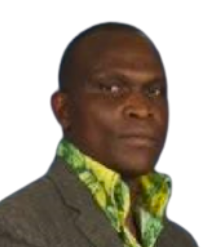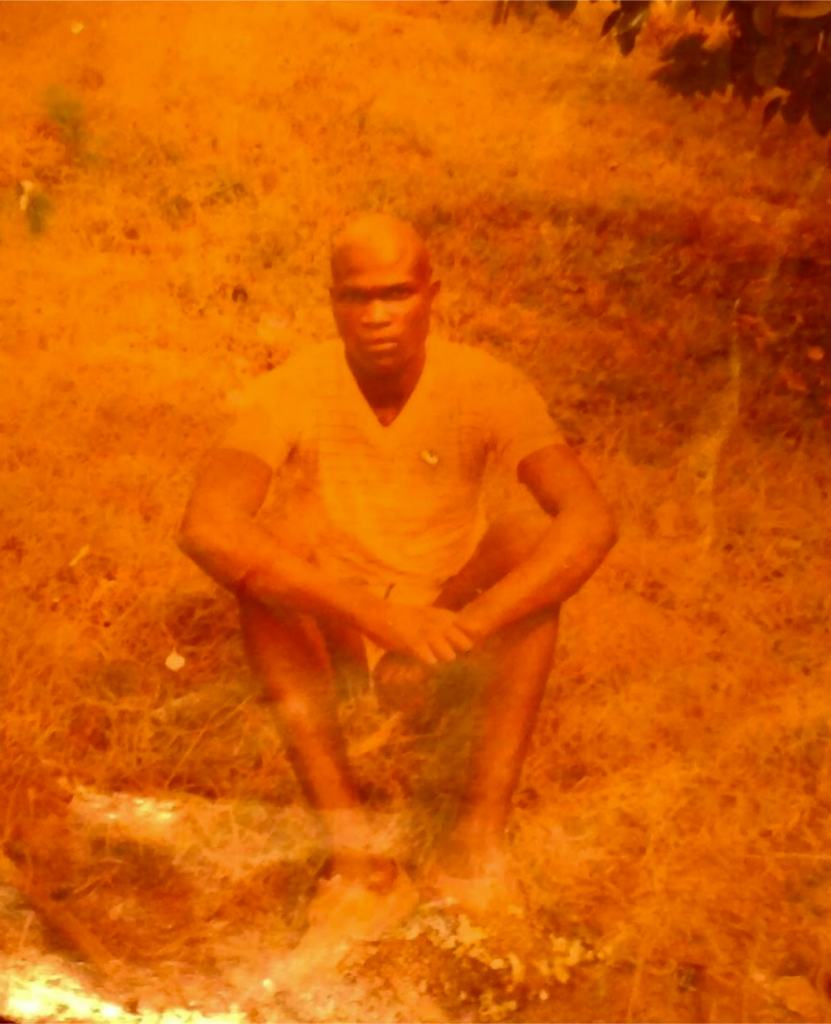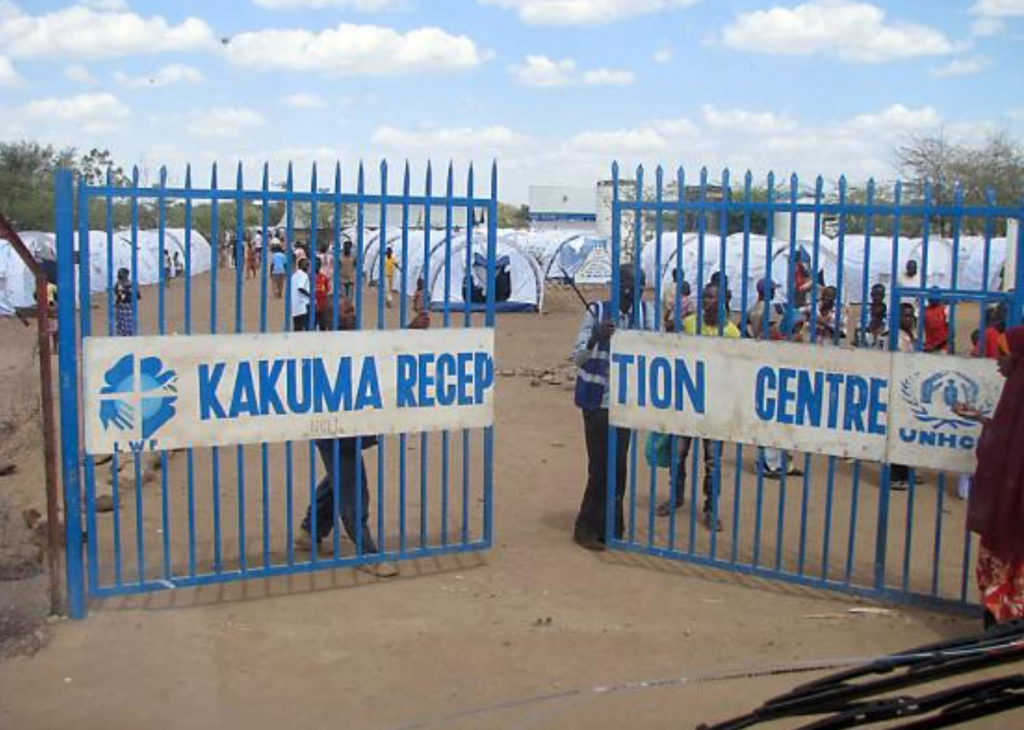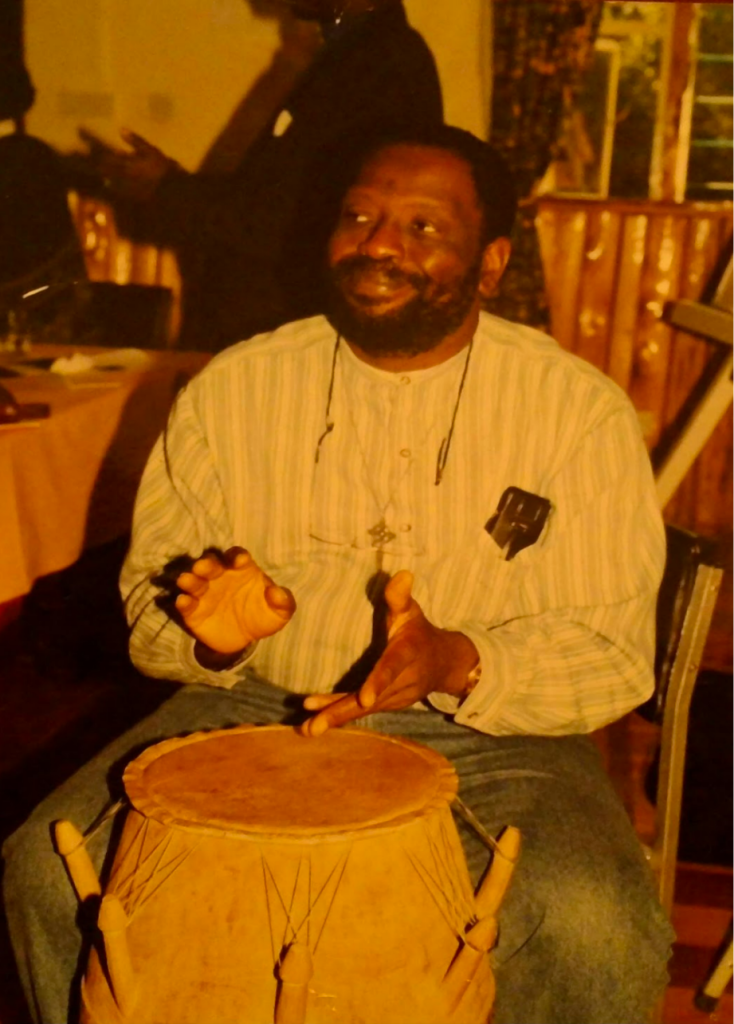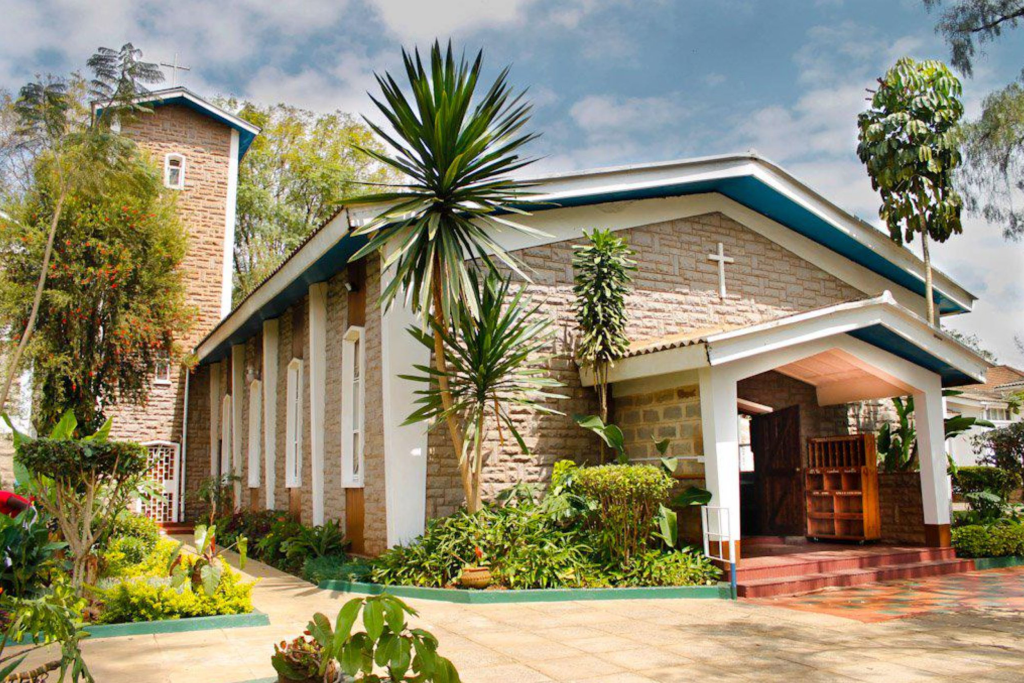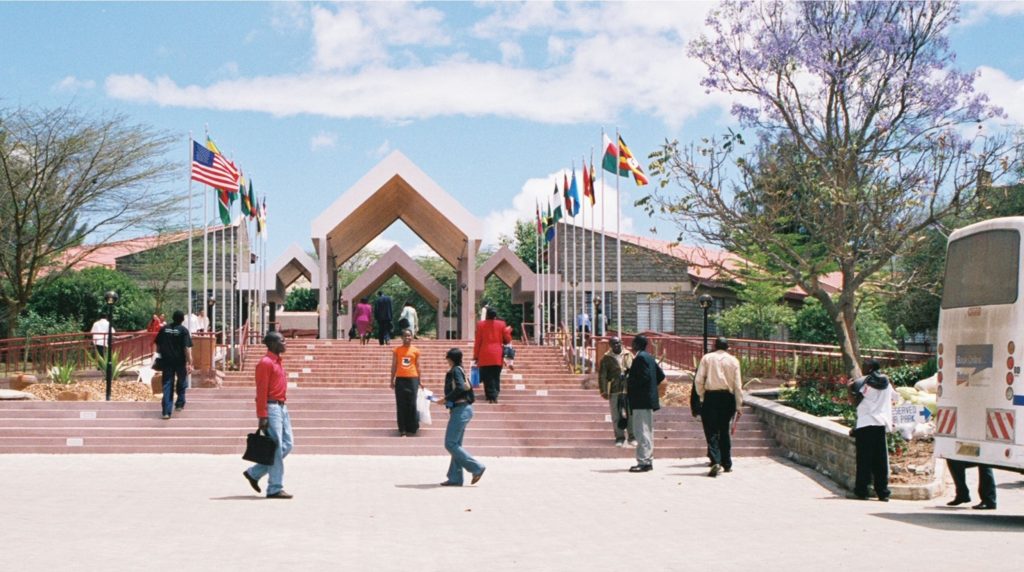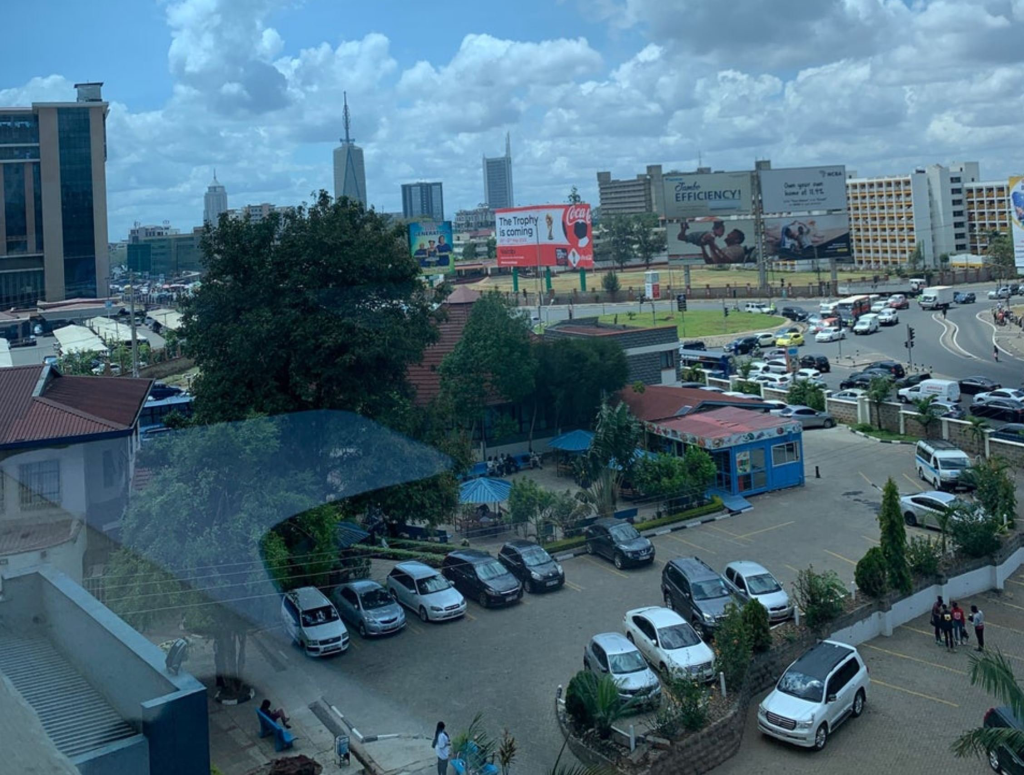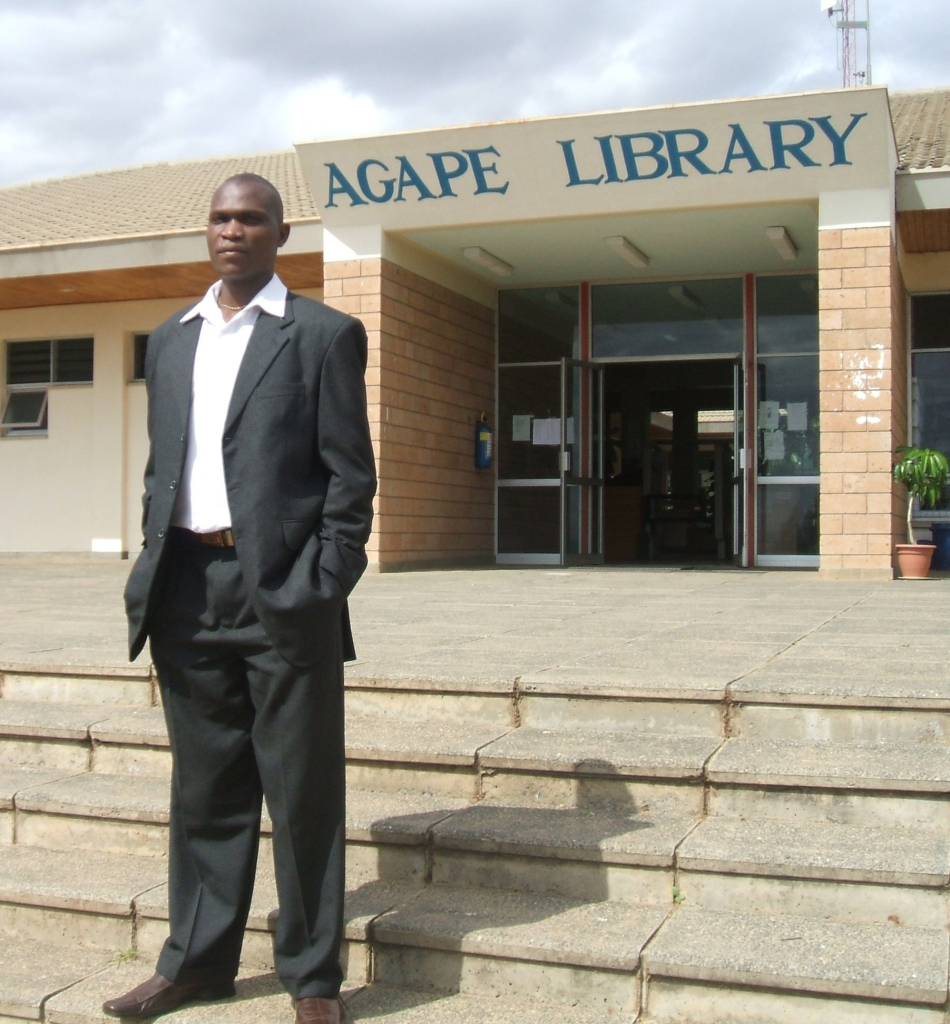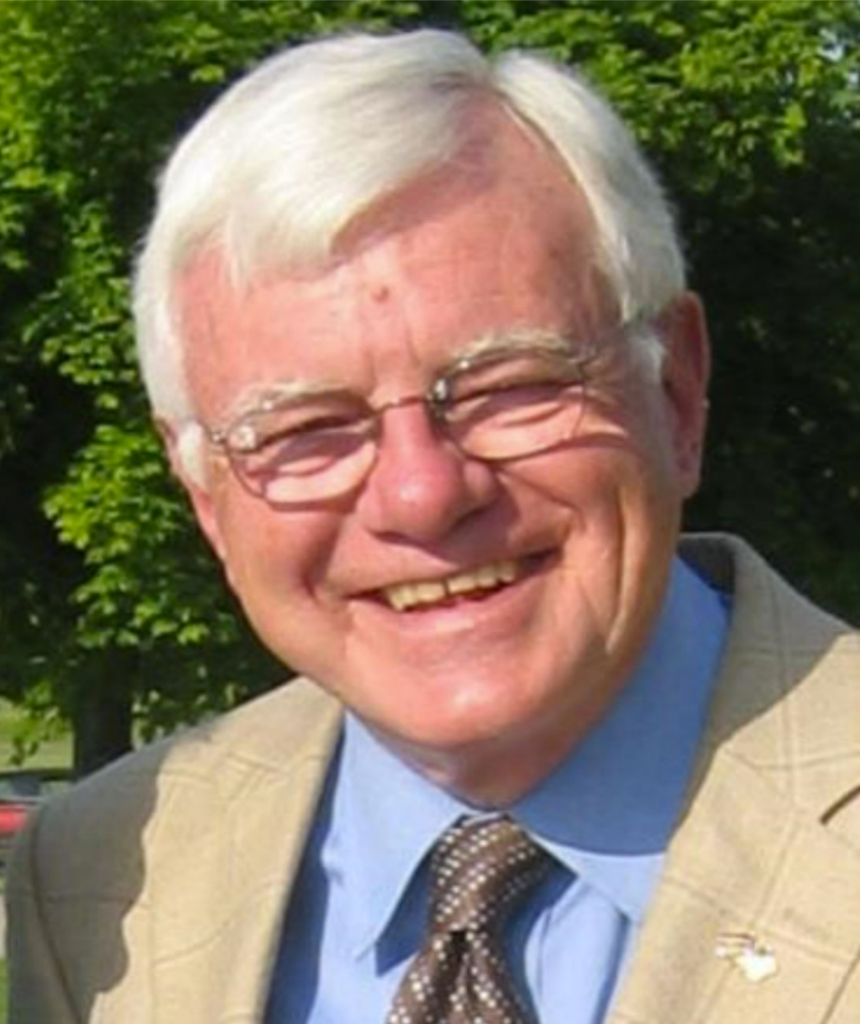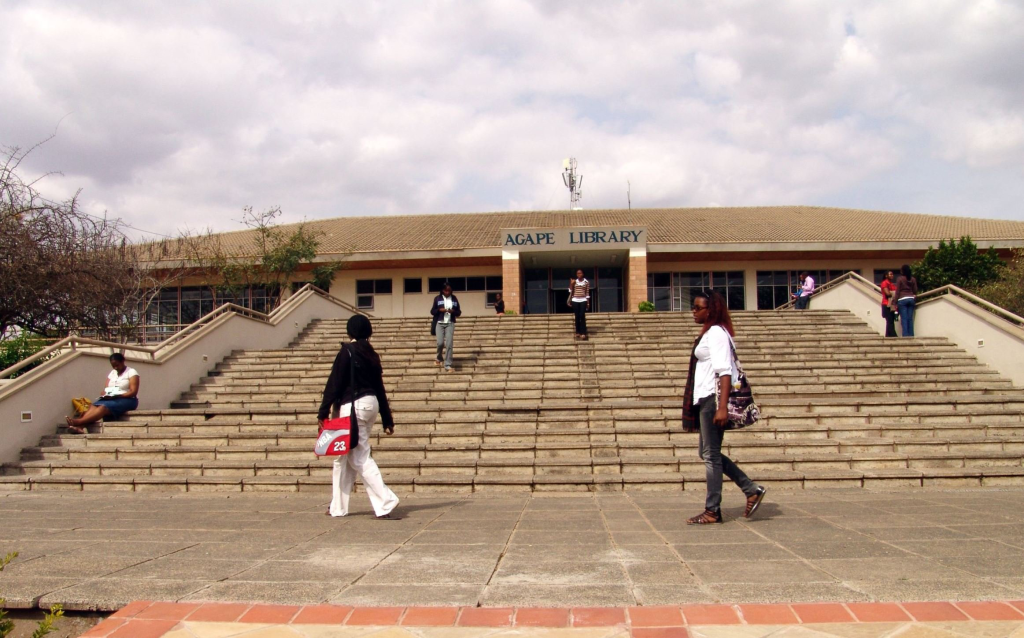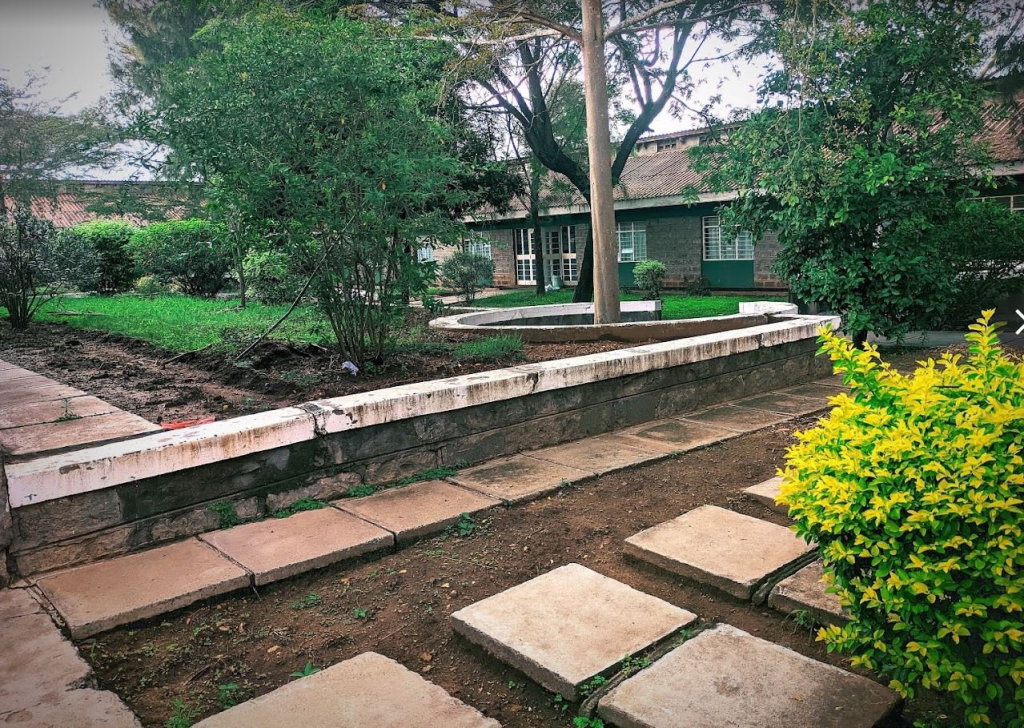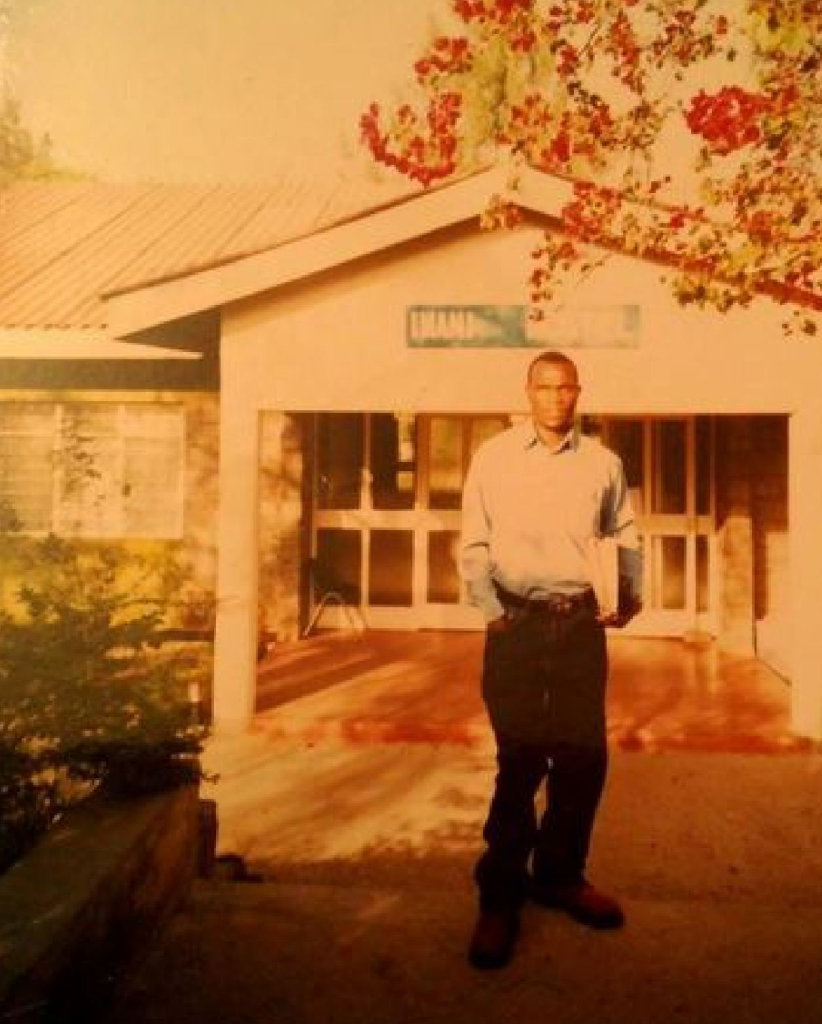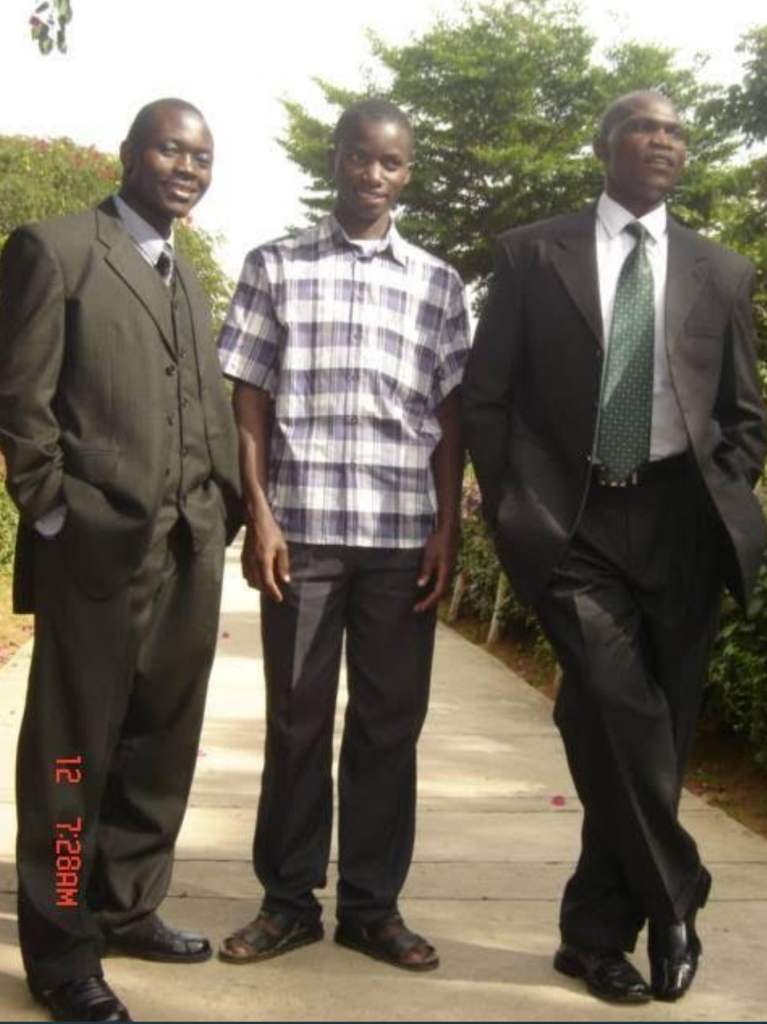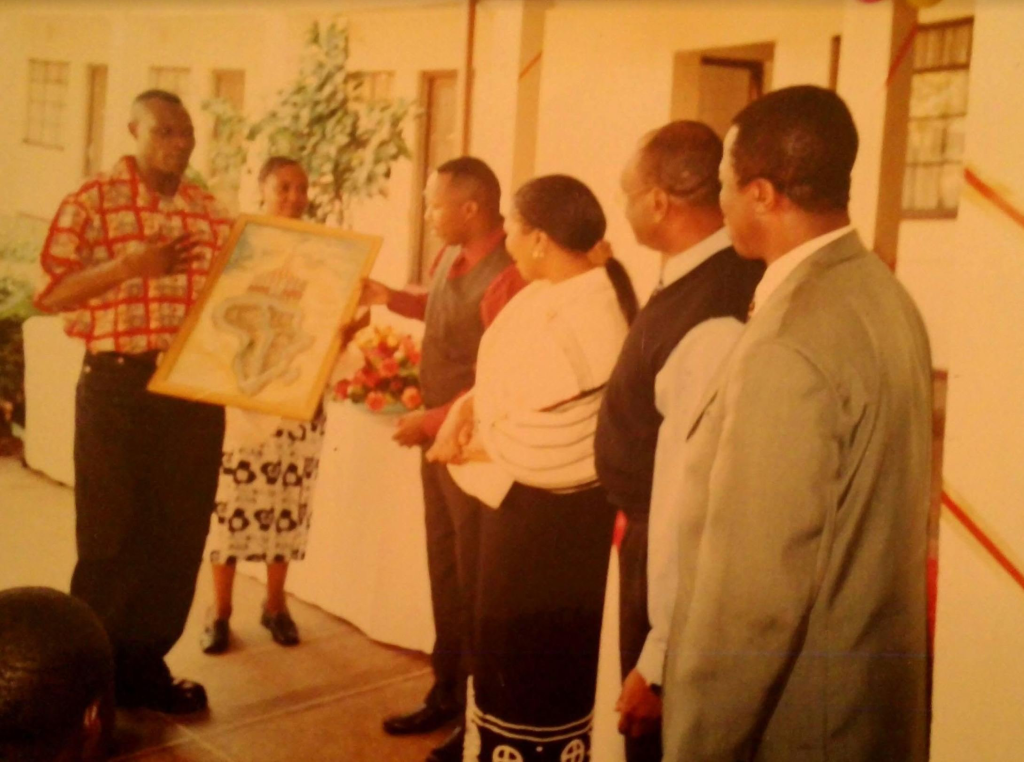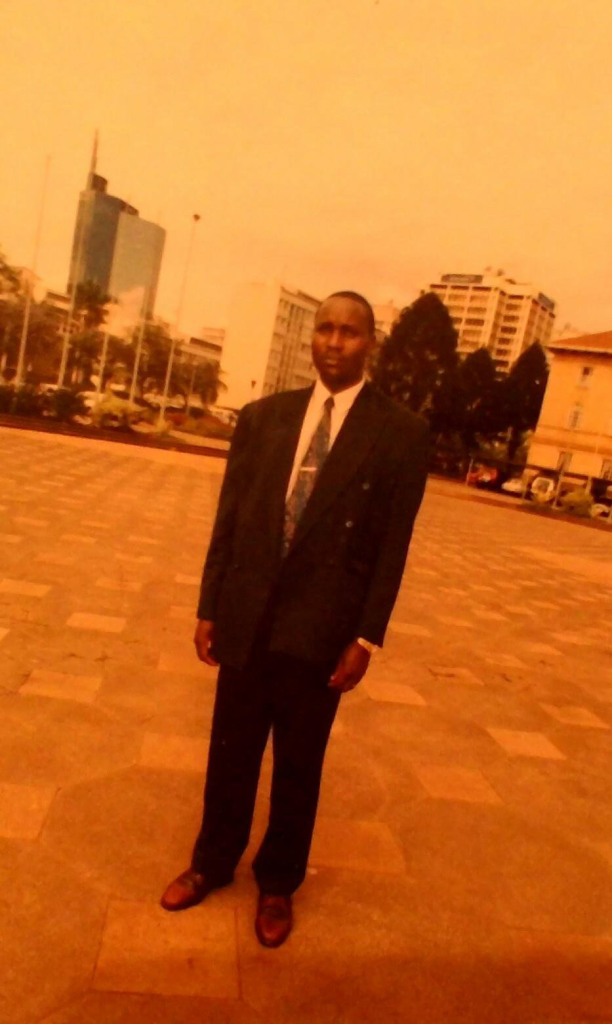Life in Kakuma was an enduring struggle, with every facet of survival shaped by the harsh realities that surrounded us. The scarcity of food, access to clean drinking water, suitable clothing, decent shelter, medical facilities, and educational opportunities made daily existence an arduous challenge. My father had instilled in me a valuable lesson, underscoring the enduring nature of knowledge and education stored in one’s mind, which can never be taken away. He inspired me to embrace education as my heritage, a message that remained a guiding light even as a refugee. My dream of returning to school often felt like an unattainable goal amidst the adversity we confronted. During my stay in Kakuma Refugee Camp, I frequently sought out conversations with fellow young refugees who had grown up in the heart of the desert “city” of Kakuma, eager to learn about their experiences and aspirations for the future.
Conversations with these young refugees in Kakuma were always disheartening, as they seemed resigned to the belief that escape was an impossible dream. They shared stories of how their fathers had arrived in Kakuma as young boys, eventually marrying and having children, which they saw as an inescapable cycle of life in the camp. Their perspective was one of hopelessness, reinforced by the deliberate isolation of refugees in the Kakuma desert, a measure enacted to prevent any interaction with the local Turkana residents. This isolation served the dual purpose of government control over refugees and providing humanitarian organizations with the statistics they needed to justify their existence and funding. Thus, Kakuma’s remote location was ideal for both entities, despite the dire circumstances faced by the marginalized indigenous communities in the Turkana region. These communities had long suffered from neglect by successive Kenyan governments, resulting in food scarcity, lack of infrastructure such as paved roads and clean water, and their reliance on wild edible fruits like Edome and Eng’ol for survival in the desert (Muluka, M. (2021, May 18). While the absence of nearby gunshots provided a semblance of safety, Kakuma bore its own sense of foreboding, especially for young refugees grappling with an uncertain future. I, however, steadfastly refused to accept that Kakuma would determine my fate.
